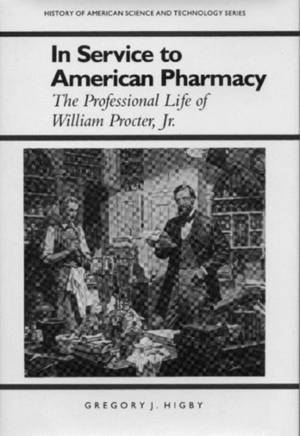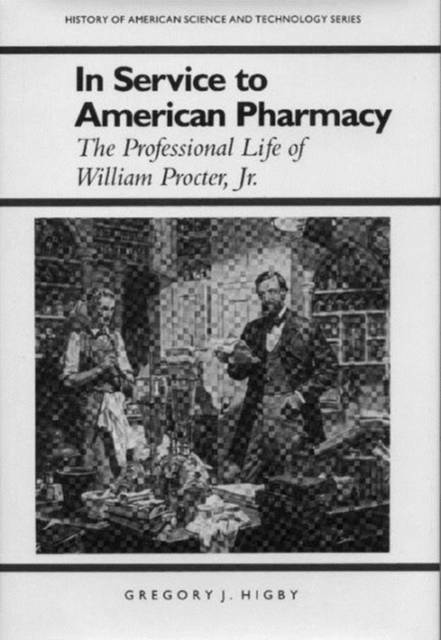
- Retrait gratuit dans votre magasin Club
- 7.000.000 titres dans notre catalogue
- Payer en toute sécurité
- Toujours un magasin près de chez vous
- Retrait gratuit dans votre magasin Club
- 7.000.0000 titres dans notre catalogue
- Payer en toute sécurité
- Toujours un magasin près de chez vous
41,95 €
+ 83 points
Format
Description
The position of the pharmacist in the structure of health care in the United States evolved during the middle half of the 19th century, roughly from the founding of the Philadelphia College of Pharmacy in 1821 to the passage of meaningful pharmaceutical legislation in the 1870s. Higby examines the professional life of William Procter, Jr., generally regarded as the "Father of American Pharmacy," and follows the development of American pharmacy through four decades of Procter's professional commitment to the field.
Spécifications
Parties prenantes
- Auteur(s) :
- Editeur:
Contenu
- Nombre de pages :
- 288
- Langue:
- Anglais
- Collection :
Caractéristiques
- EAN:
- 9780817358563
- Date de parution :
- 15-11-15
- Format:
- Livre broché
- Format numérique:
- Trade paperback (VS)
- Dimensions :
- 150 mm x 229 mm
- Poids :
- 430 g

Les avis
Nous publions uniquement les avis qui respectent les conditions requises. Consultez nos conditions pour les avis.






